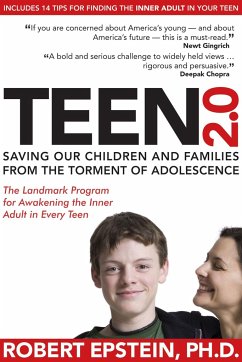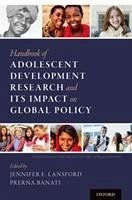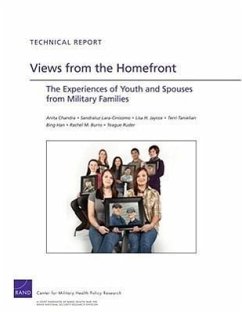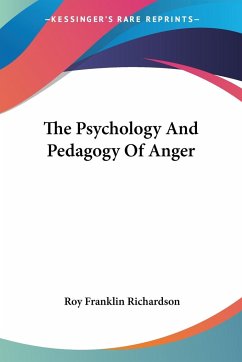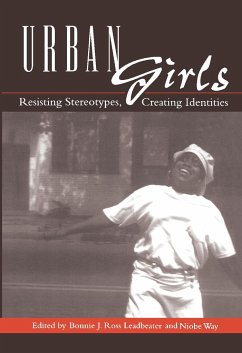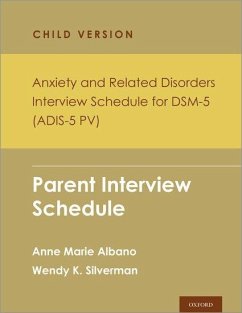Nicht lieferbar
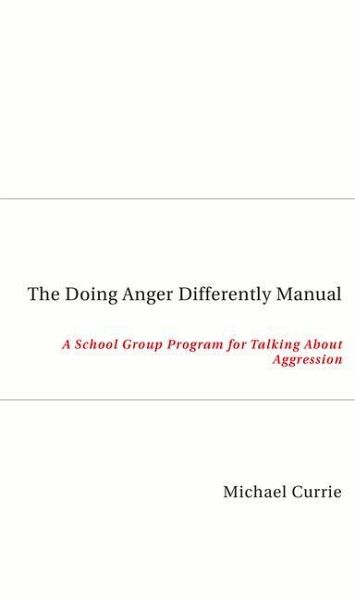
The Doing Anger Differently Manual
A School Group Program for Talking about Aggression
Versandkostenfrei!
Nicht lieferbar
Young, non-verbal and aggressive adolescent boys often feel constricted within their family environment, swinging between explosive outbursts and sullen monosyllabic exchanges. Such exchanges are the disturbing expression of a problem that parents often feel they can do little about, except reply in kind. The manner in which an adolescent understands and misunderstands events has a causative role in the problem of aggression. Michael Currie presents here a new approach that allows parents and others to take a key role in shaping this (mis)understanding of adolescent children. Doing Anger Diffe...
Young, non-verbal and aggressive adolescent boys often feel constricted within their family environment, swinging between explosive outbursts and sullen monosyllabic exchanges. Such exchanges are the disturbing expression of a problem that parents often feel they can do little about, except reply in kind. The manner in which an adolescent understands and misunderstands events has a causative role in the problem of aggression. Michael Currie presents here a new approach that allows parents and others to take a key role in shaping this (mis)understanding of adolescent children. Doing Anger Differently presents complex theoretical issues from the existing adolescent and aggression treatment literature in a set of clear and practical principles, which are illustrated with case studies taken from the author's years of experience working with angry boys. Parents, teachers or anyone who has contact with adolescents can adapt these principles to help them deal with aggressive boys.





